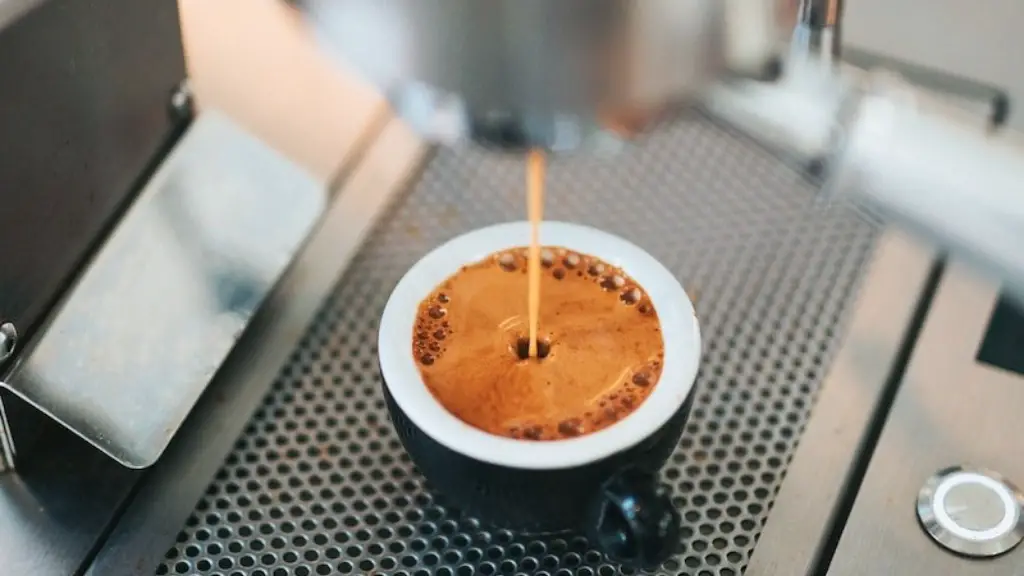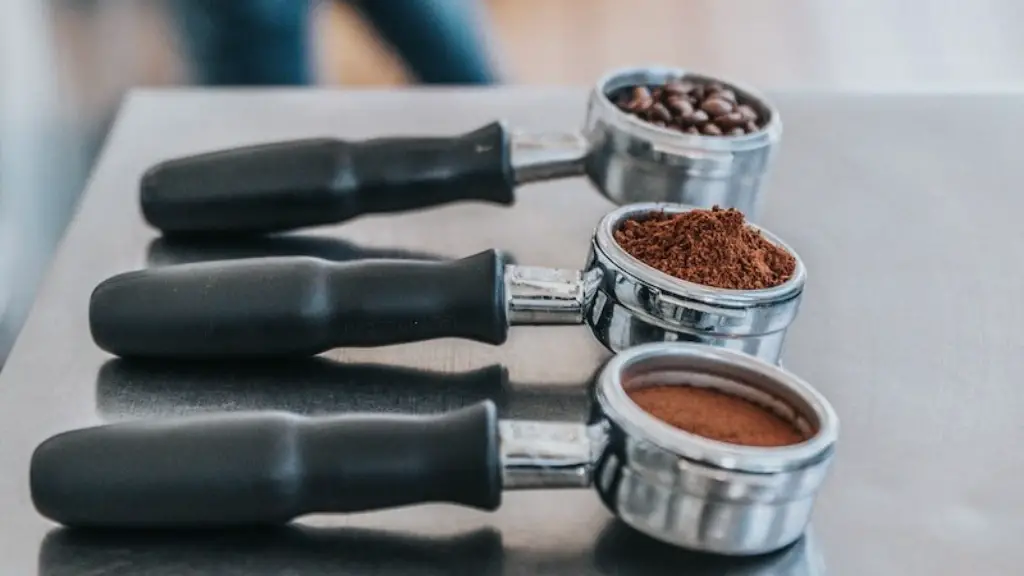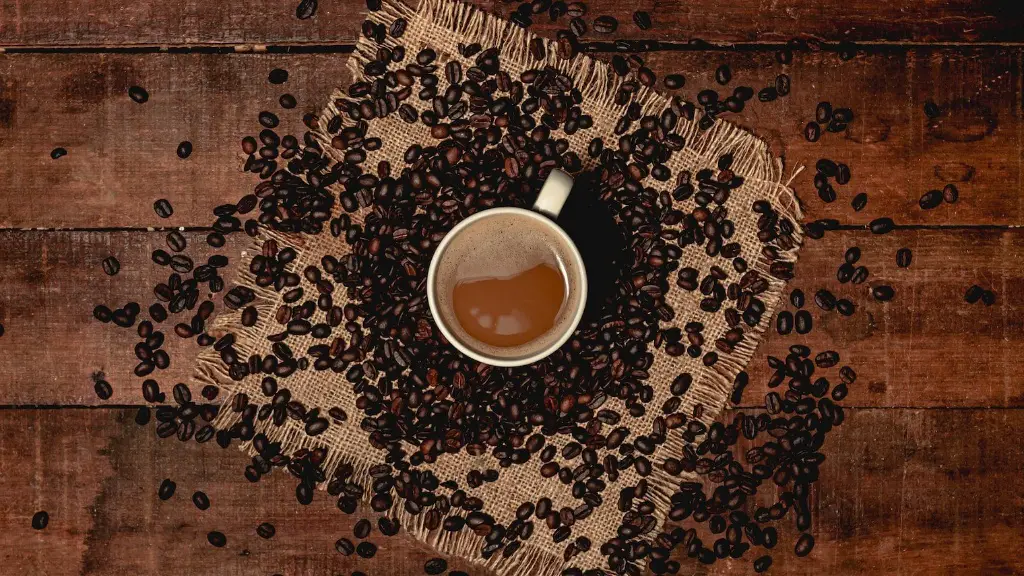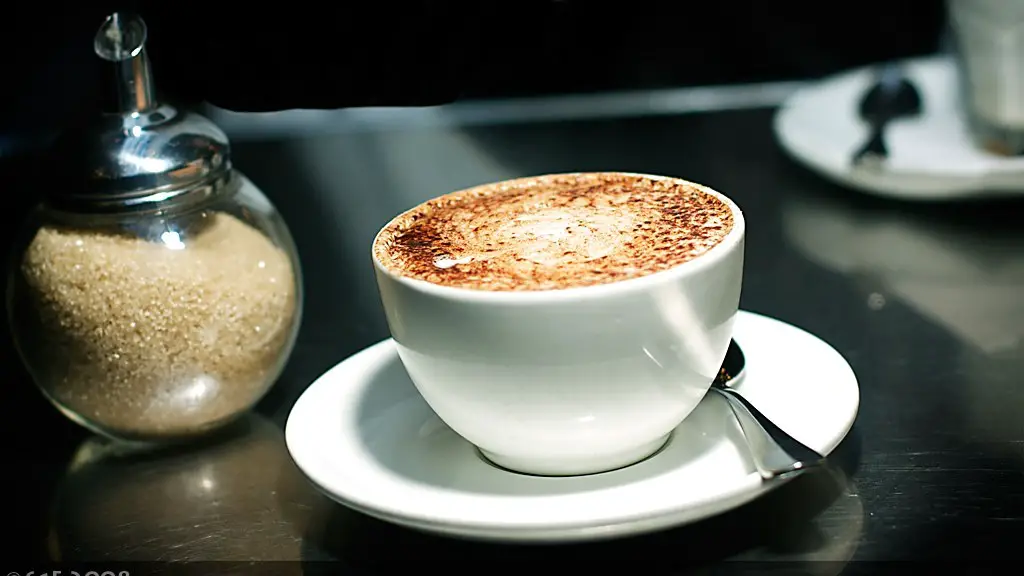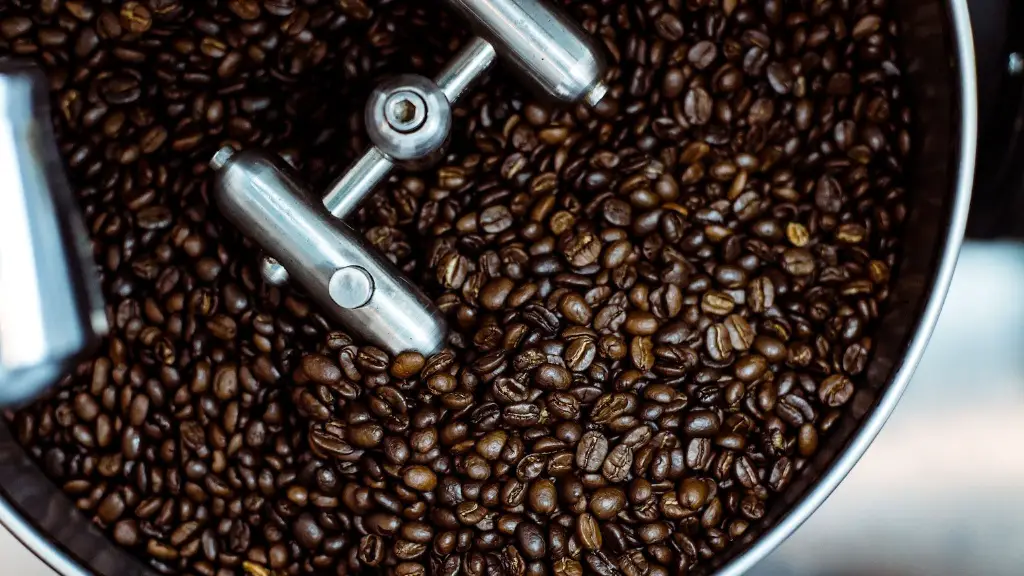Coffee and Your Skin Health
Humans have been drinking coffee for centuries, and it is a widely consumed beverage around the world. But is it good for your skin? With many people discussing its potential health benefits, this article explores whether consuming coffee could really contribute to healthier looking skin.
Coffee is made from roasted coffee beans, which contain several beneficial compounds. Studies in humans and animals have found that the antioxidants in coffee may provide anti-inflammatory and anti-aging effects. Caffeine also narrows blood vessels and may reduce the appearance of puffiness and dark circles around the eyes. Better hydration levels can also be achieved by drinking coffee, as a dehydrated body can appear blotchy, dry and dull.
This doesn’t mean that coffee should replace other important components for a good skin care regimen. Dr. Michael Kaminer, a dermatologist in Boston, MA, explained: “Adding coffee to your skin routine isn’t going to take the place of your usual moisturizers, cleansers, and serums.” The key, as with almost all health habits, is to practice moderation.
Dr. Heather Rogers, a dermatologist in Seattle, WA, explained: ”The amount of caffeine in coffee is highly variable depending on the preparation method, but typically a cup of coffee contains approximately 90 to 120 milligrams. This can cause an increase in blood flow to the skin, which can lead to swelling, redness, and irritation.” In other words, if you are sensitive to caffeine, sticking to a moderate amount of coffee may be best for your skin.
Caffeine isn’t the only component in coffee that has potential skin benefits.Polyphenols, flavonoids, and other antioxidants are also present in coffee and can help soothe inflammation. “These compounds may also help protect skin from sun damage and reverse the signs of photoaging,” Dr. Rogers added.
At the end of the day, the decision to drink coffee is highly individual and should be based on your own needs and preferences. While studies have suggested that a moderate amount of coffee may help improve skin health, it’s important to stay within safe limits. Too much caffeine can cause dehydrated, irritated skin, so it’s important to discuss this with your dermatologist if you’re concerned about drinking too much coffee.
Coffee Scrubs
Coffee scrubs are becoming increasingly popular when it comes to skincare. This treatment involves a mixture of ground coffee, sugar, and oil that is applied to the skin. The idea is that the caffeine in coffee is absorbed by the skin and may offer anti-aging and anti-inflammatory benefits.
Coffee scrubs have become a popular way to exfoliate the skin, as the ground coffee beans act as a physical exfoliant to help remove dead skin cells. This can help unclog pores, reduce signs of aging, and even skin tone. Studies have also found that coffee scrubs may help increase circulation in the skin, allowing for a better skin tone and a more even complexion.
In addition to exfoliating the skin, caffeine may offer additional benefits when applied topically. Caffeine may help reduce fine lines and wrinkles, and some studies have even suggested that it may reduce the appearance of cellulite.
When it comes to using coffee scrubs, there are a few important points to consider. First, it’s important to test a small area of skin before applying the scrub to the entire body. Secondly, it is best to use coffee scrubs no more than once a week, as over-exfoliating can strip the skin of its natural oils. Finally, it’s important to moisturize the skin after the scrub to ensure that the skin stays hydrated.
The Pros and Cons of Drinking Coffee
Drinking coffee has both pros and cons for skin health. On the one hand, it can increase circulation and reduce puffy eyes, as well as provide antioxidants and other compounds that can help protect the skin from sun damage. On the other hand, drinking too much coffee can lead to dehydration and irritation, so it’s important to know your own limits.
When it comes to the positive effects of coffee, research suggests that moderate consumption can offer a number of skin health benefits. In one study, drinking 3 cups of coffee per day was associated with improved blood flow to the skin and fewer wrinkles. In another study, regular coffee intake was linked to lower levels of sun-induced pigmentation.
It’s also worth noting that coffee is a diuretic, which means it increases urine output. This can cause the body to lose fluid, leading to dehydration. Dehydration may cause the skin to become more dry and wrinkled, so it’s important to stay hydrated throughout the day.
At the end of the day, the decision whether or not to drink coffee should be made according to individual preferences. Coffee may offer a number of potential skin benefits, but it is important to stay within safe limits and drink plenty of water to avoid dehydration.
Coffee Superfoods
Coffee is often touted as one of the healthiest beverages you can drink, but there are other specialty coffee drinks that can provide additional nutrients. Superfood blends, such as matcha lattes, acai bowls and turkey toddies, can give you a boost of vitamins, minerals and antioxidants.
One example is the acai bowl, a blend of frozen acai berries and coconut milk or almond milk. Acai berries contain antioxidants, fiber and healthy fats, helping to protect against skin aging, improve digestion and reduce inflammation. Matcha lattes, on the other hand, contain green tea powder, which has powerful antioxidant and anti-inflammatory properties. Lastly, turkey toddies are a combination of coffee, warm milk, honey and ground cinnamon. The cinnamon helps to reduce inflammation, while the honey can help to reduce redness and irritation.
Overall, adding these types of drinks to your diet may help to promote overall skin health. Be sure to choose organic, sugar-free options and avoid adding extra sugar, as this can be greater damaging to the skin. Additionally, if you do choose to drink coffee, be sure to stay within safe limits, as too much coffee can lead to dehydration.
Coffee Hair Mask
Coffee is often used in beauty treatments, and coffee hair masks can help to improve hair health. While there is no scientific evidence supporting the effectiveness of coffee hair masks, many people find that they help to boost shine, reduce frizz, and increase volume.
Coffee hair masks are easy to make, and many of the ingredients can be found around the house. To make the mask, mix together equal parts of brewed coffee, honey and coconut oil until a paste is formed. Then, massage the mixture into the hair, starting at the roots and working towards the ends. Leave the mixture on for 30 minutes, then rinse with lukewarm water.
For an even more luxurious treatment, you can add other nourishing ingredients such as avocado, olive oil, or eggs to the mask. Applying a coffee hair mask once a week can help to nourish and protect your hair, leaving it looking and feeling healthier. Of course, drinking coffee can also be beneficial, as it can help to improve circulation and bring nutrients to the scalp.
Conclusion
There are a variety of ways to use coffee for skin and hair health, but it’s important to remember that moderation is key when it comes to drinking coffee and using coffee-based treatments. Coffee can provide some potential benefits, but it is always best to discuss changes to your diet and skincare routine with your doctor or dermatologist. By following a healthy lifestyle, drinking plenty of water and using the right products, you can help keep your skin looking and feeling healthy.
